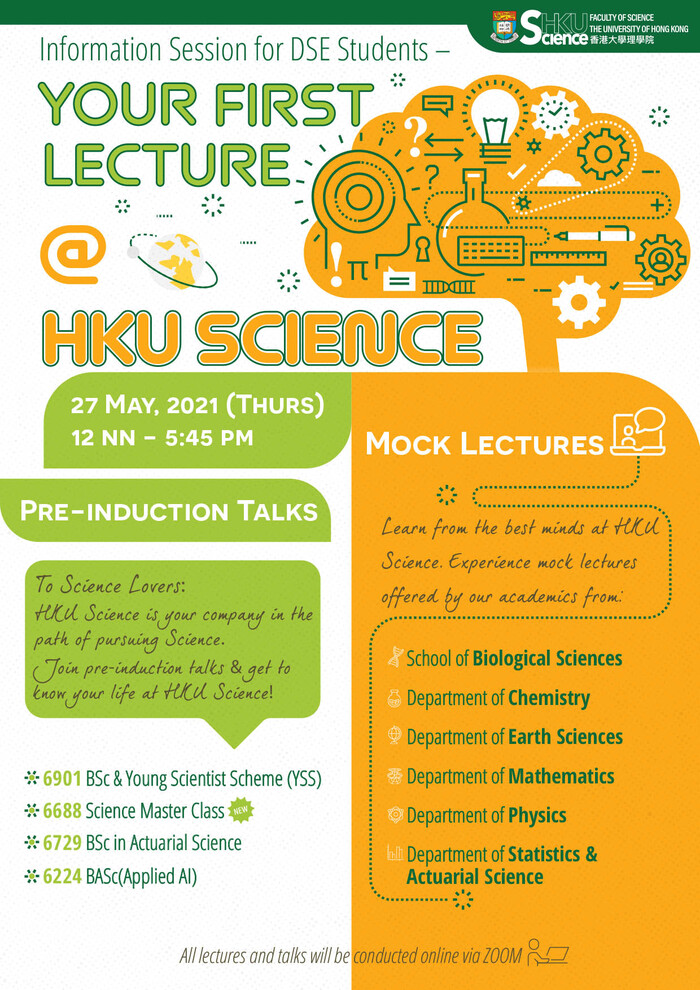Science-Lovers: be your own masters pursue science dream boldly by joining HKU Science
Whether you wish to further explore your path of science, or you have already determined your field, as long as you are Science-lovers – join HKU Science, your company in the path of pursuing Science.
Information Session for HKDSE Students – “Your First Lecture at HKU Science”
Learn from the best minds at HKU Science.
Experience by having your “First Lecture at HKU Science” in the Information Session for DSE Students in May.
Date: | May 27, 2021 (Thursday) |
Time | Talk 1 | Talk 2 |
12:00-12:45pm | 6901 BSc pre-induction talk | 6224 BASc(AppliedAI) pre-induction talk |
1:00-1:45pm | 6688 Science Master Class pre-induction talk | 6729 BSc(ActuarSc) pre-induction talk |
2:00-2:45pm | Mock lecture on Biological Sciences | Mock lecture on Physics |
3:00-3:45pm | Mock lecture on Mathematics | Mock lecture on Chemistry |
4:00-4:45pm | Mock lecture on Earth Sciences | Mock lecture on Statistics & Actuarial Science |
| 5:00-5:45pm | Mock lecture on Environmental Science |
| Theme | Topic | Abstract |
|---|---|---|
| Biological Sciences | Animal Behaviour | Why do animal behaviours vary among individuals and species? How do environment and ecological interactions influence behaviours? What are the underlying genetic mechanism of a particular behaviour? In this course, students will learn to think within the ecological and evolutionary perspectives on animal behaviour. |
| Chemistry | Go with the Electron Flow | Flow is all around us, ranging from intangible information flow to tangible water flow. Through careful inspection, one will be intrigued to find that electron flow serves as the backbone to support life processes and enable a sustainable society. In this lecture, the teacher will share with the audience some thoughts on and experience in dealing with electron flows found in biological contexts and artificial settings, including but not limited to biofilms, DNA, proteins, sensors, energy catalysis systems, and electrochemical devices. |
| Earth Sciences | Interesting Facts about Our Earth | This lecture will first introduce how Earth scientists investigate the history and structure of our Earth. We will discuss why Earth has liquid water on its surface, how earthquake occurs, when the first flower bloomed, and what killed more than 96% of marine species around 252 million years ago. |
| Environmental Science | Emerging environmental challenges: noise and light pollution | Urban areas are expanding rapidly around the globe, nowhere faster than in Asia. Urbanisation changes the environment in significant ways. Noise and light pollution are emerging challenges, with impacts on both wildlife and human health. Understanding these impacts can help us to mitigate these problems and to increase the sustainability of our cities. |
| Mathematics | Counting to Infinity | Learning to count is an important developmental milestone in early childhood. But what exactly are we doing when we count? Can the process be generalised in a way that can allow us to compare sets of infinite size? Are all infinite sets essentially having the same size?
In this mock lecture, we will try to explore the mysteries of infinite sets and to briefly discuss different sizes of infinities. |
| Physics | Nuclear Binding Energy and Nuclear Power | In this lecture we will explore the structure of an atom, the fundamental building block of matter. The structure of the atomic nucleus will be introduced, along with the basic properties of the component nucleons within. The lecture will wrap up with a discussion on how an atomic nucleus can be formed with binding energy and its application for nuclear power. |
| Statistics & Actuarial Science | Introduction to Statistical Learning | In this lecture, we first review the fundamental concepts of statistical learning such as classification, regression, supervised learning, and unsupervised learning; followed by introduction of some statistical learning methods and speaker will illustrate their performance using real data examples. |
Reserve seats for your preferred talks! (Deadline: May 23, 2021)
Our programmes are tailor-made for both explorers and specialists:
 6901 Bachelor of ScienceCLICK FOR DETAILS
6901 Bachelor of ScienceCLICK FOR DETAILS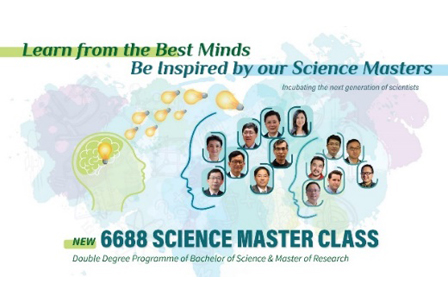 6688 Science Master ClassCLICK TO DETAILS
6688 Science Master ClassCLICK TO DETAILS 6729 Bachelor of Science in Actuarial ScienceCLICK TO DETAILS
6729 Bachelor of Science in Actuarial ScienceCLICK TO DETAILS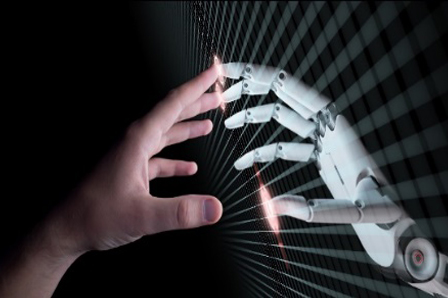 6224 Bachelor of Arts and Sciences in Applied Artificial IntelligenceCLICK FOR DETAILS
6224 Bachelor of Arts and Sciences in Applied Artificial IntelligenceCLICK FOR DETAILS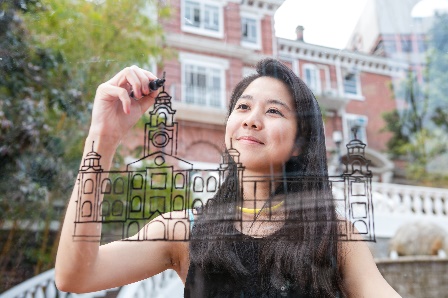 6212 Bachelor of Arts & SciencesCLICK FOR DETAILS
6212 Bachelor of Arts & SciencesCLICK FOR DETAILS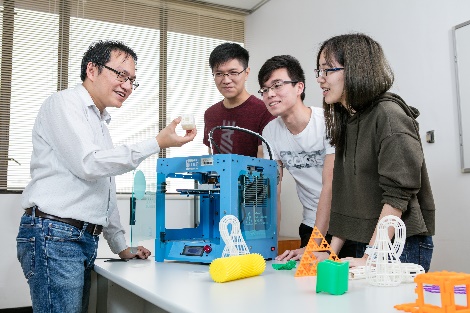 6119 Bachelor of Education &
6119 Bachelor of Education &Bachelor of Science
(5-year double degree programme)CLICK FOR DETAILS



